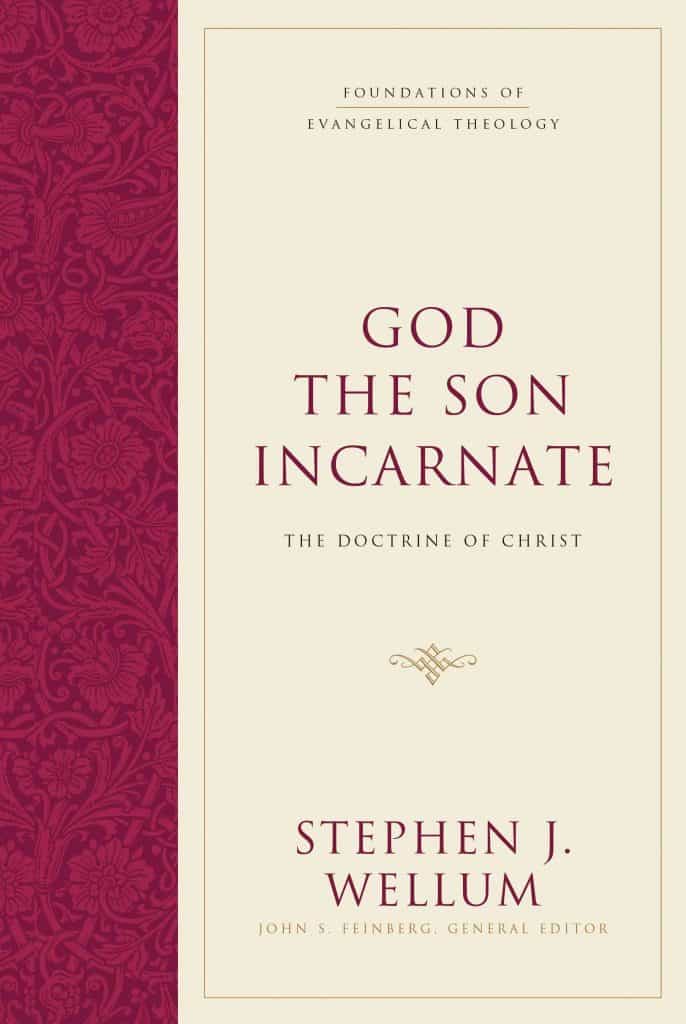⏱️ Estimated Reading Time: 3 min read
Crossway’s Foundations of Evangelical Theology series is actually a long-standing one, with volumes dating back to twelve years ago. However, Wellum’s new addition to the series is only the sixth volume to be published. In short, the intent of this series is not a marketing scheme, trying to just be another simple option on the Christian book market for theological studies. It instead intends to be a carefully thought out, slow, but rich series that seeks to provide long-lasting resources for the Church. And that is exactly what Dr. Wellum and God the Son Incarnate does for us with this work.
God, The Son Incarnate, is not short on endorsements. The Gospel Coalition named Wellum’s book the best book in Bible/Theology of 2016, and it has been commended by many prominent church leaders across the spectrum, from Carl Trueman to Donald Macleod to Jonathan Leeman. This highly-anticipated volume comes in beautiful hardback binding, but it’s what’s on the inside that really counts.
This is a book of Christology, the study of the person and work of Jesus Christ. Helpfully, right out of the gate Wellum begins to reveal the importance of Christological study by presenting competing epistemological views of Christ, particularly in the streams of the historical Jesus research and in pluralism. An extensive survey of these areas helps the reader grasp the significance and weightiness of the conversation at hand. Wellum calls such attempts to remove or redefine Jesus “subjective, arbitrary, and ultimately false [constructions] of Jesus’s identity” (83). Wellum then spends the rest of the book defending a biblical Christology, rooted in Scripture and supported by historical tradition.
What I appreciate most about this volume is that Wellum has provided a wide-ranging, broad but careful study of Christ. Nearly any and every topic under the umbrella of Christology is addressed here, inviting plenty of perspectives, an abundant amount of Scripture references, and helpful articulation of key points of Christological doctrine.
A helpful observation that theologian Mark Jones made was that the book seemed to emphasize a lot of recent scholarship (20th-21st century) without consulting as much church history. Though historical theology is present, maybe there could have been some more drawn from these works. A caveat to this is how much I appreciate the Nicene focus throughout this textbook but especially in Part III. Jones called it a “safe” book, and I agree. I think that’s what makes God the Son Incarnate a splendid volume to own. You will be entrenched in orthodoxy, guaranteed. That’s what Wellum does really well, and when it comes to Christology, we can’t ask for much more. I highly recommend this volume to preachers, seminary students, and even the layperson who seeks to understand better who we should say that He is.




